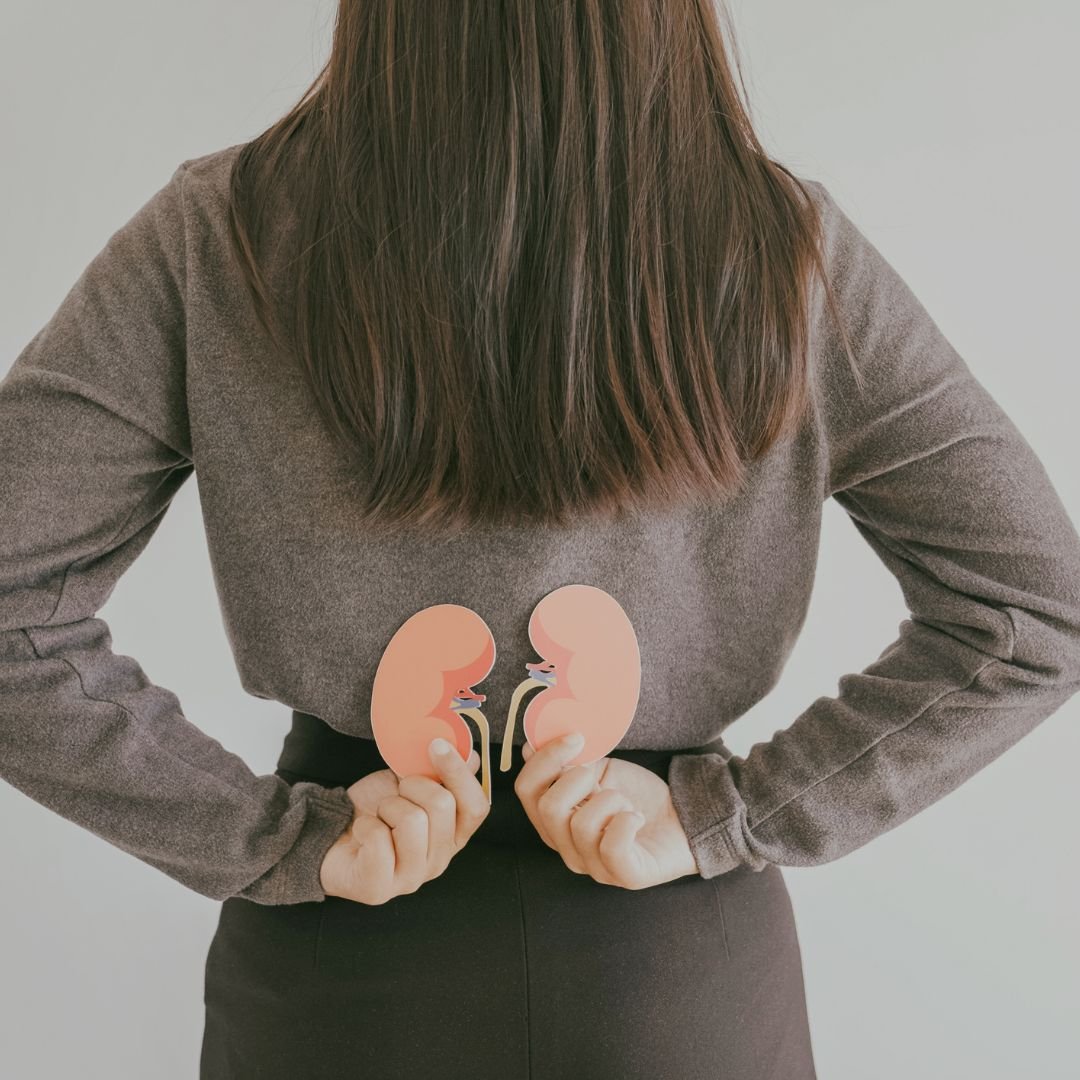
Kidney Stones Treatment
What are Kidney Stones?
Kidney stones are hard, crystalline deposits that form in the kidneys when minerals and salts crystallize in the urine. These stones can result from poor hydration, high sodium intake, or metabolic conditions. At Maple Urology, we provide expert kidney stone treatment in Vaughan, led by a urologist specializing in kidney stones.
Kidney stones may stay in the kidney or move through the urinary tract. Depending on their size and location, they can cause:
Severe pain
Kidney failure
Life threatening infections
Treatments for Kidney Stones
Small stones often pass on their own, and increased water intake can help.
Medication can sometimes be prescribed to help pass or dissolve certain types of stones.
For larger or more complex cases, treatments for kidney stones include:
Lithotripsy (using shock waves to break stones)
Ureteroscopy (camera and laser access)
Percutaneous nephrolithotomy (surgical removal through the back)
Dr. Garbens is fellowship trained in stone disease and can perform percutaneous nephrolithotomy (PCNL). Percutaneous nephrolithotomy is a surgery to remove large kidney stones. Instead of a big surgery, doctors make a small opening in the back, reach the kidney, break the stone into smaller pieces, and take them out through that opening. She has been trained to perform this surgery either prone (face down), supine (on your back) and uses ultrasound to minimize complications.
If you're looking for a kidney stone clinic or a urologist treating kidney stones in Vaughan, book a consultation with Dr. Garbens today.
Dr. Garbens is one of only a few urologists in Canada who offer:
Dr. Garbens is fellowship trained in stone disease and has extensive experience with kidney stone treatment in Richmond Hill, Vaughan, and Toronto. Her expertise ensures a high level of care tailored to your condition.
Frequently Asked Questions About Kidney Stones
-
Common signs include sharp lower back pain, blood in urine, nausea, and frequent urination.
-
If pain is severe or persistent, or if the stone doesn’t pass naturally, consult a urologist.
-
Through imaging tests like ultrasounds, CT scans, and urine tests to assess stone size and location.
-
No. Small stones may pass naturally. Larger ones may require procedures like lithotripsy or PCNL.
-
Maple Urology offers specialized care by Dr. Garbens, one of the few experts in advanced kidney stone surgery.

